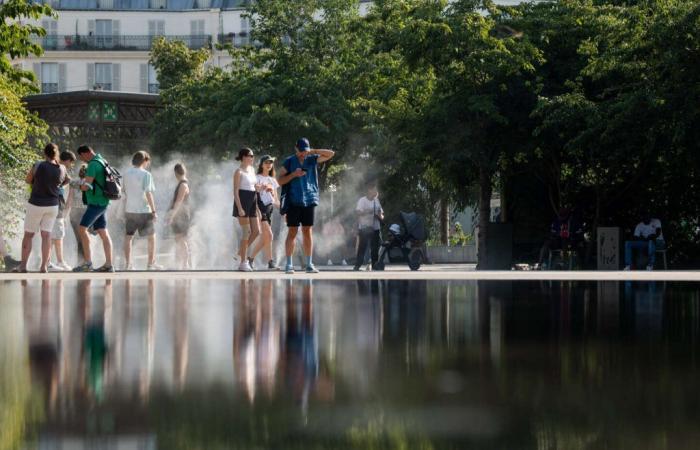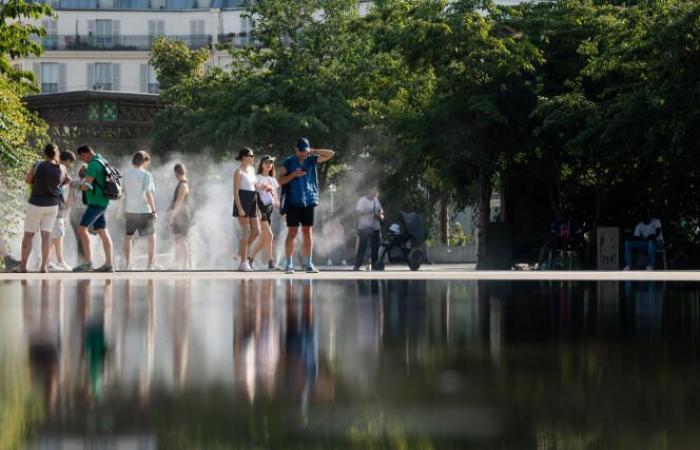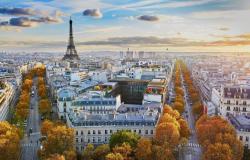JI can’t say what makes me happier: walking in a city I don’t know, or walking in a city I know well. Twin pleasures, no doubt: in both cases, we seek to find ourselves while allowing ourselves to be surprised. Find yourself with your eyes closed, trusting the memory of lost steps to find your way, or on the contrary indulge body and soul in that supremely civilized pleasure that Walter Benjamin spoke of: the art of getting lost in a city.
The poets of urban wandering know this well, captives in love with this heart of the city which beats only for us, and from which we nevertheless seek to escape its influence. How can we do this, if not by letting ourselves be won over by what Jacques Réda, an immense writer of this enchantment that urban strolling and improvisation in jazz create, called “freedom of the streets » ? Since, if I don’t find my way, or if it’s the path that finds me in spite of myself, it’s perhaps because the streets are free to roam around to provide us with surprises.
Jacques Réda has just left us. “I stopped believing that I move around according to my fantasy. Nor do I think I am obeying, while traveling, some pre-established plan to guide me or to get lost.he writes in Freedom of the streets (Gallimard, 1997). This sentence accompanies those who think about how to write urban history today. Because what brings them there is, most often, and very banally, the love of cities.
Now, what makes them so lovable? To know this, we still need to understand what they are. Urban geographers today admit that a city is no more defined by a demographic threshold than it is distinguished by the form of its government or its monumental setting. What characterizes it would rather be a certain spatial relationship between the density of the habitat and the diversity of those who shape it by inhabiting it. Such a definition in turn allows us to better understand what we hate when we pretend – and it is a most traditional literary pose, since Petrarch at least – to hate the city.
Citizen engagement
To reject the crowd, we will say: “there are too many people” – and what we should then recognize is a disgust for “everyone” in the sense of Edouard Glissant (1928-2011), or the refusal of this discontinuous plurality of singularities where “the whole lives on its own details”. However, this resentment towards an urban scene where differences come together carries a political program of separation. And it has also been a classic theme of urban sociology for a century, in particular of what has been called the Chicago school, to understand how urban sprawl, because it stretches solidarity and causes breakdowns in segregation, hurts the very idea of urbanity.
You have 62.15% of this article left to read. The rest is reserved for subscribers.







